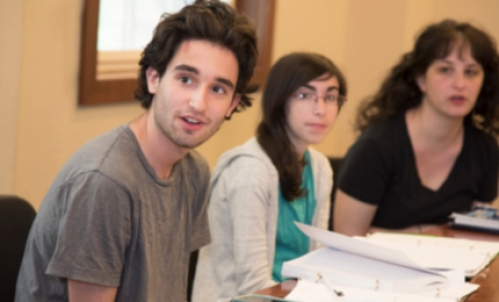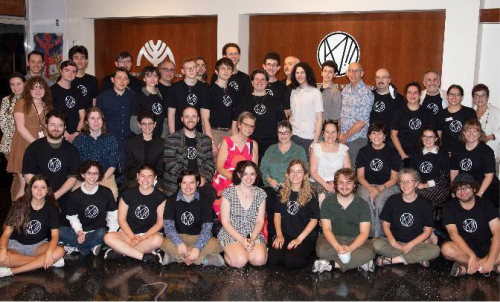[Live on Zoom] Yiddish in Israel – A History
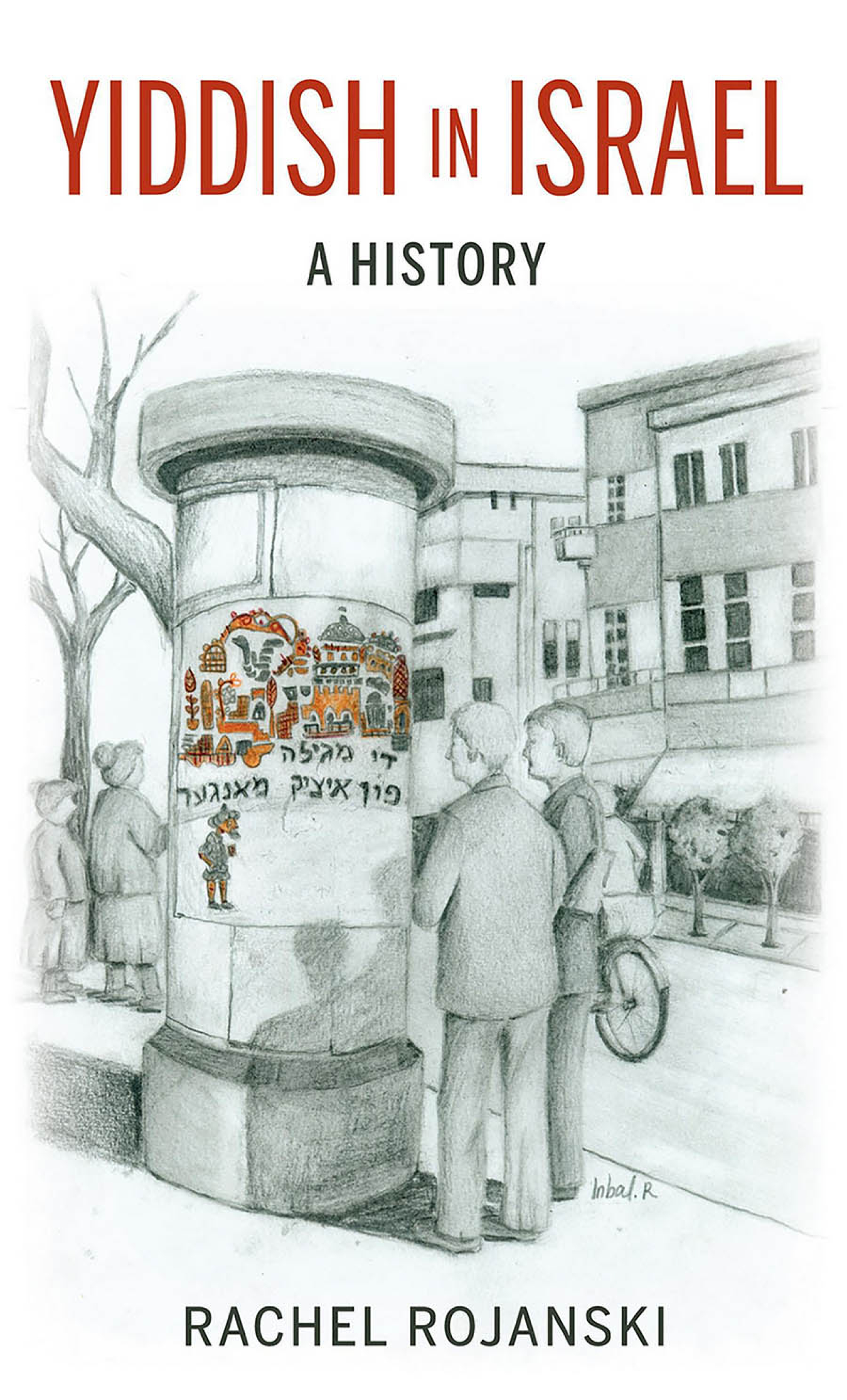
|
Book Talk
Admission: Free Registration is required. |
The new book Yiddish in Israel: A History challenges the commonly held view that Yiddish was suppressed or even banned by Israeli authorities for ideological reasons, offering instead a radical new interpretation of the interaction between Yiddish and Israeli Hebrew cultures. Following the Israeli Yiddish scene through the history of the Yiddish press, Yiddish theater, early Israeli Yiddish literature, and high Yiddish culture, author Rachel Rojanski tells the compelling and yet unknown story of how Yiddish, the most widely used Jewish language in the pre-Holocaust world, fared in Zionist Israel, the land of Hebrew.
Join us for a discussion of this book with Rachel Rojanski in conversation with Rachel Brenner, Shachar Pinsker, and Sunny Yudkoff.
About the Speakers
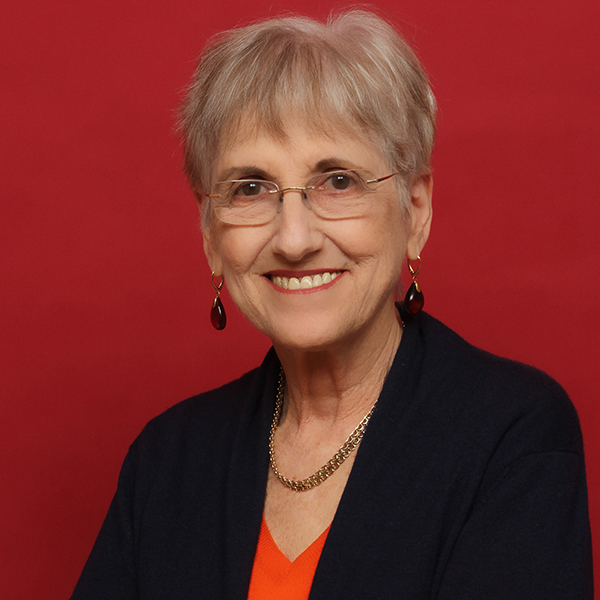
Rachel Rojanski is Associate Professor of Judaic Studies at Brown University. She is a cultural and political historian of the east European Yiddish-speaking Jewish diaspora from late 19th century to the end of the 20th century, with a special interest in American Jewish history, Zionism and Israel Studies. Her research also encompasses Jewish Socialism, Gender studies, and the history of Yiddish. Her publications include: Conflicting Identities: Labor Zionism in North America 1905-1931 (Hebrew, Ben-Gurion University Press, 2004); Yiddish in Israel: A History (Indiana University Press, 2020) as well as numerous articles on Jewish Socialism, the Yiddish press, and Jewish gender. Her current book project focuses on Holocaust survivor, historian, Yiddish writer and public activist, Rachel Auerbach.
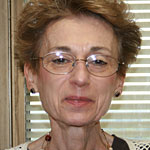
Rachel Feldhay Brenner is Professor of Modern Hebrew Literature in the Department of Hebrew and Semitic Studies at the University of Wisconsin-Madison, and Max and Frieda Weinstein-Bascom Professor of Jewish Studies. Her research focuses on Jewish Diaspora Literature, Israeli literature, and on the representations of the Holocaust in literature and in autobiographical writings. She is the author of Assimilation and Assertion: The Response to the Holocaust in Mordecai Richler’s Writing (1989), and A.M. Klein, The Father of Canadian Jewish Literature: Essays in the Poetics of Humanistic Passion (1990), Writing as Resistance: Four Women Confronting the Holocaust: Edith Stein, Simone Weil, Anne Frank, and Etty Hillesum (1997), which was translated into Spanish, Inextricably Bonded: Israeli Jewish and Arab Writers Re-Visioning Culture (2003), and The Freedom to Write: The Woman-Artist and the World in Ruth Almog’s Fiction (2008) [in Hebrew].
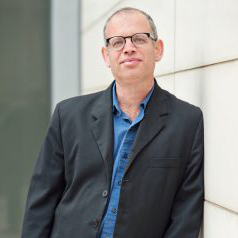
Shachar Pinsker is a specialist in modern Hebrew and Jewish literature and culture, and studies Hebrew literature written in Palestine/Israel, Europe and America, as well as Jewish literature in Yiddish, English, German and other languages. He has a joint appointment at the department of Near Eastern Studies and the Frankel Center for Judaic Studies at the University of Michigan. He is the author of Literary Passports: The Making of Modernist Hebrew Fiction in Europe (2010) and A Rich Brew: How Cafés Created Modern Jewish Culture (2018).
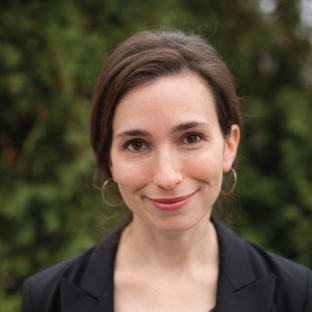
Sunny Yudkoff joined the Department of German, Nordic, and Slavic, as well as the Mosse/Weinstein Center for Jewish Studies at the University of Wisconsin-Madison, in the fall of 2016. Previously, she taught at the University of Chicago. Her research and teaching focuses on Jewish literary production from the mid-nineteenth to twenty-first centuries. Her first book, Tubercular Capital: Illness and the Conditions of Modern Jewish Writing, was published with Stanford University Press (2019). She regularly teaches courses in both Jewish Studies and the Medical Humanities. Her work has appeared in Prooftexts, Journal of Jewish Social Studies, Studies in American Jewish Literature, Literature and Medicine, and elsewhere.
